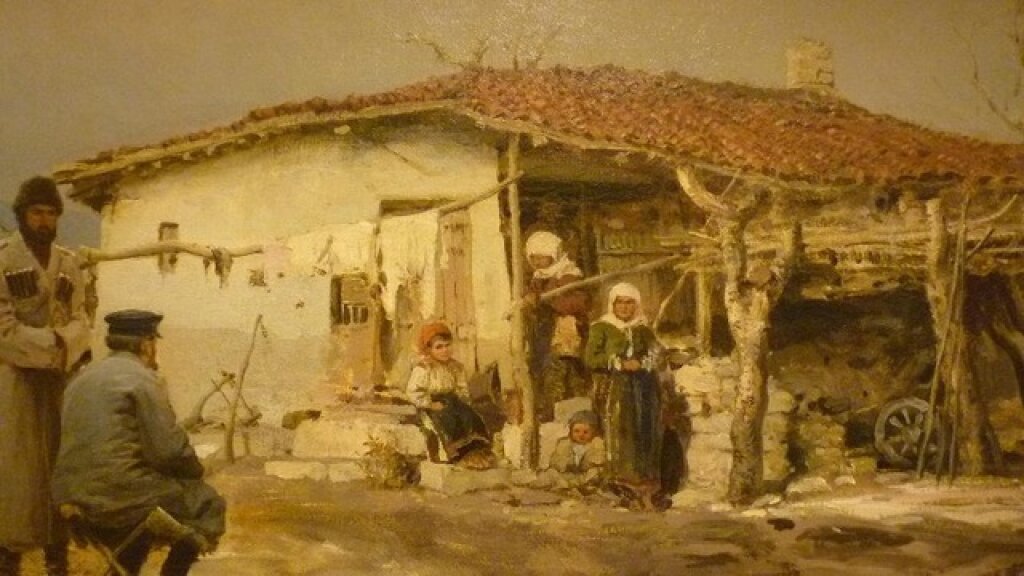Join us for another 19v seminar!
Before Vasily Polenov obtained lasting recognition as a landscapist, history painter, and outstanding exponent of the Slavic crafts revival, he was a humble artist-correspondent on the front lines of the Serbo-Turkish and Russo-Turkish wars. This talk examines Polenov’s wartime contributions to the Russian mass-circulation illustrated weekly Pchela and his later battle paintings for the Romanov royal family. Polenov mobilized the tropes of pastoral art to depict murder beautifully in darkly critical landscapes about the miseries of war. In particular, we explore the possibility that Polenov’s later, more charismatic scenes of Russian rural life may have been conceived in dialectical relationship with the purportedly fecund environment of the Balkans. Panslavic discourse of the day expressed embarrassment at the relative prosperity of the Ottoman subject peoples whom the Russian volunteers thought they fought to save. Polenov’s tumbledown treatment of the whitewashed, Bulgarian cottage ubiquitous in this literature could very well be a polemical use of the “picturesque.” Polenov's paintings invoke a style of attractive disrepair, that lets the connoisseur of landscape overlook inconvenient details, to demote these well-kept properties and help the liberators see what they first wanted to see.
This event recording is now available on YouTube.

